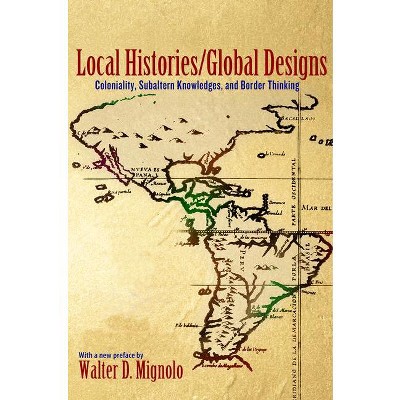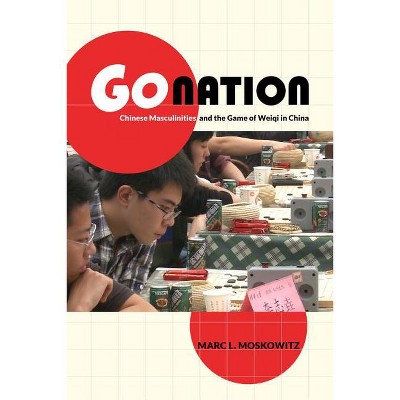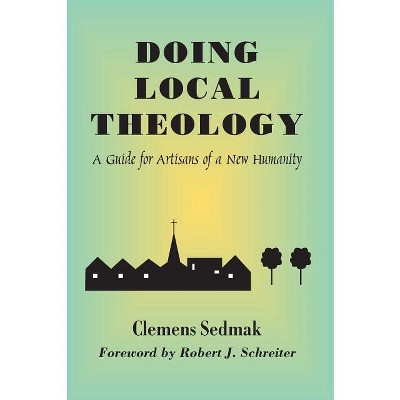Sponsored

Nation as a Local Metaphor - by Alon Confino (Paperback)
In Stock
Sponsored
About this item
Highlights
- All nations make themselves up as they go along, but not all make themselves up in the same way.
- About the Author: Alon Confino is assistant professor of history at the University of Virginia.
- 296 Pages
- History, Europe
Description
About the Book
Nation as a Local Metaphor: Wurttemberg, Imperial Germany, and National Memory, 1871-1918Book Synopsis
All nations make themselves up as they go along, but not all make themselves up in the same way. In this study, Alon Confino explores how Germans turned national and argues that they imagined the nation as an extension of their local place. In 1871, the work of political unification had been completed, but Germany remained a patchwork of regions with different histories and traditions. Germans had to construct a national memory to reconcile the peculiarities of the region and the totality of the nation. This identity project, examined by Confino as it evolved in the southwestern state of WÅrttemberg, oscillated between failure and success. The national holiday of Sedan Day failed in the 1870s and 1880s to symbolically commingle localness and nationhood. Later, the idea of the Heimat, or homeland, did prove capable of representing interchangeably the locality, the region, and the nation in a distinct national narrative and in visual images. The German nationhood project was successful, argues Confino, because Germans made the nation into an everyday, local experience through a variety of cultural forms, including museums, school textbooks, popular poems, travel guides, posters, and postcards. But it was not unique. Confino situates German nationhood within the larger context of modernity, and in doing so he raises broader questions about how people in the modern world use the past in the construction of identity.Review Quotes
"[An] excellent study. . . . Such a study requires innovative thinking as well as recourse to and creative use of unusual sources so as to get at material that will reconstruct a mentality of a given era. And so Confino did all these things, and he did them well. . . . Confino's study is not merely history. It is more than history. It is a sort of political sociology that confirms the positive contributions that still can be made by the best in the academy." -- European Legacy
"[A] stimulating study. . . . Gives new insight into the culture of imperial Germany as well as the wider interpretation of European nationalism." -- American Historical Review
"An important contribution to the scholarship on German nationalism. It is a highly original and innovative analysis of the institutional links that allowed for the attachment to the Heimat to merge with the enthusiastic adhesion to the nation." -- Saul Friedlander, University of California, Los Angeles
"Anyone interested in nationalism must read this book. . . . A skillful guide through the thicket of nationalist practices." -- Virginia Quarterly Review
"By showing how German identity was constructed from the bottom up, using local loyalties as its basic building blocks, Alon Confino gives us a wholly new and convincing view of that nation's history. His exploration of the multiple meanings of Heimat is a brilliant contribution to the growing literature on collective memory." -- John Gillis, Rutgers University
"Offers an important and well-researched analysis." -- German Quarterly
"Well-written, lavishly illustrated, and meticulously documented." -- CHOICE
About the Author
Alon Confino is assistant professor of history at the University of Virginia.
















